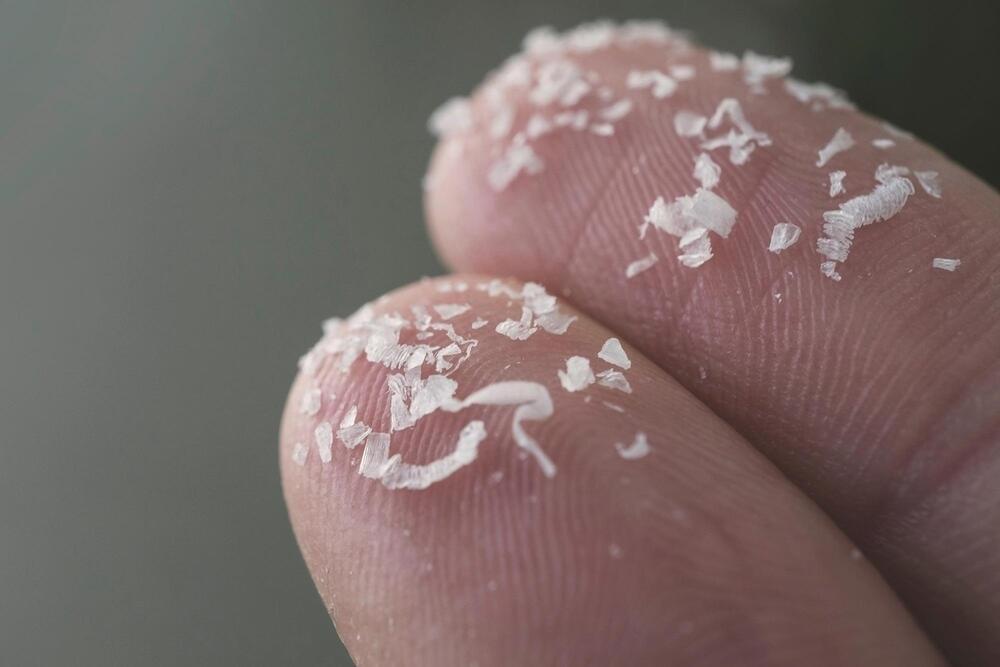Recent research shows that plant-based plastics release far fewer microplastics than traditional plastics in marine environments, suggesting they could be a more environmentally friendly option. However, continued research is crucial to fully assess their impact.
A recent study has discovered that a new plant-based plastic material releases nine times fewer microplastics compared to traditional plastic when subjected to sunlight and seawater. Conducted by researchers from the University of Portsmouth and the Flanders Marine Institute (VLIZ) in Belgium, the study examined the degradation of two different types of plastic under harsh conditions.
A bio-based plastic material made from natural feedstocks held up better when exposed to intense UV light and seawater for 76 days — the equivalent of 24 months of sun exposure in central Europe — than a conventional plastic made from petroleum derivatives.










Leave a reply